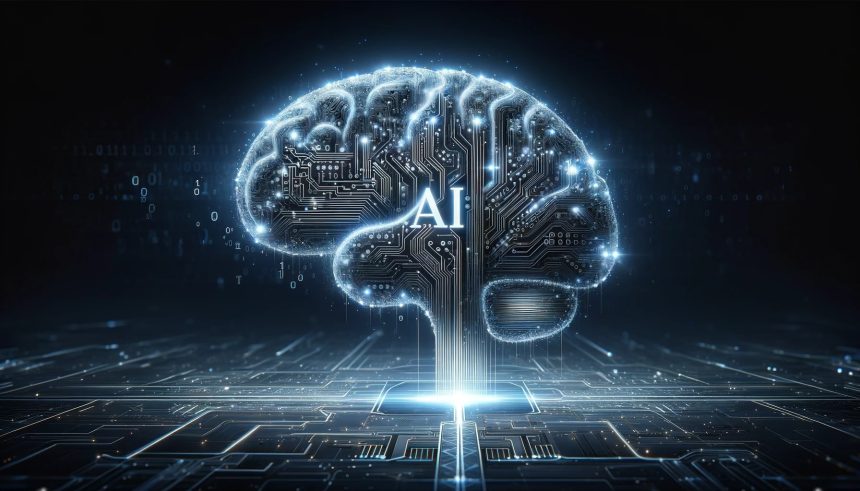Across the digital landscape, companies are increasingly leaning on artificial intelligence (AI) to enhance their social media marketing efforts. The swift adoption of automation tools has been fueled by the pursuit of efficiency and reduced labor costs. While marketers are eager to tap AI for content creation and workflow management, concerns around authenticity, creativity, and audience trust persist. Conversations among social media professionals highlight the divide between leveraging technology for productivity and preserving human connection that drives engagement. As brands like Mango and Coca-Cola experiment with AI-powered campaigns, the business community is evaluating whether technological advances can genuinely replace the sense of authenticity valued by their audiences.
Earlier discussions about AI in marketing emphasized its potential to streamline operations and personalize content deployment. Considerable optimism surrounded AI-driven tools, but skepticism has grown as brands faced criticism for over-automating their public engagement. Recent backlash against A.I.-generated advertising from major brands indicates that previous confidence in technology-driven strategies is now tempered by the realization that audience perception and trust remain critical. Industry observers have also noted that, despite advancements in AI capabilities, human intuition and relatability continue to shape effective brand communication.
Why do brands choose AI for social media strategies?
Brand leaders have cited cost containment and process efficiency as key motivators for embracing AI in their marketing departments. Automation promises to accelerate routine content production, and data from recent surveys show a significant share of chief marketing officers (CMOs) considering staff reductions in favor of AI solutions. However, this reliance on technology is often predicated on misconceptions about the complexity and nuance involved in social media management. A CMO stated,
“We see AI as an essential tool to help our teams focus on bigger, creative challenges.”
Yet, as more brands deploy AI-generated posts, the question of whether digital efficiency can match the strategic creativity of human teams persists.
Can technology replicate real human connection online?
Research suggests that AI-generated content often lacks the depth and emotional resonance that human-led communication provides. Case studies involving Mango’s use of AI avatars and Coca-Cola’s automated Christmas ad sparked criticism over their perceived lack of authenticity. These marketing initiatives, intended to showcase innovation, were instead met with concerns about misrepresentation and disconnection from consumer expectations. Consumers desire relatable and transparent storytelling, prompting brands to reconsider how far automation should extend. According to one executive,
“While AI can help scale our operations, only people truly understand our audience’s emotions and keep our content meaningful.”
What are the long-term implications for social media marketing?
Marketers who prioritize a hybrid approach—combining AI-powered efficiencies with human insight—are signaling a shift toward more balanced digital strategies. While AI can effectively manage repetitive tasks and generate ideas at speed, oversight and refinement by experienced professionals are needed to maintain brand voice and customer trust. Organizations face the risk that over-reliance on automation may erode audience engagement and require future investments to rebuild credibility. Many in the industry argue that the most successful campaigns will emerge from collaboration between human creativity and technological support, rather than full-scale automation.
Social media marketing is at a crossroads where efficient content generation competes with the expectation of authentic interaction. The friction between cost-saving automation and the demands for genuine connection underscores the enduring importance of skilled human oversight in digital engagements. Brands that strike the right balance are more likely to maintain strong relationships with their audiences, transforming AI from a replacement to a valuable assistant. For marketers and organizations, understanding both the capabilities and limitations of AI is critical for building lasting trust, especially as consumer skepticism grows. Brands should invest in ongoing upskilling of social media teams, enabling them to guide AI-powered strategies without losing their distinctive human perspective.










